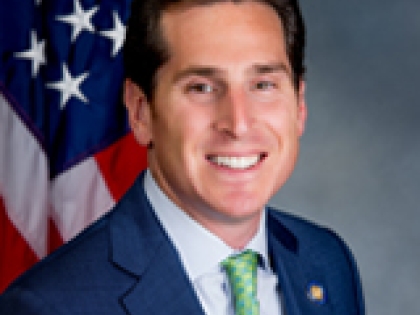
Bill targets state officials who ask staffers to do nongovernment work
A new legislative proposal would ban legislators and other state officials from asking their staffers to work on nongovernmental tasks for which the official is compensated, according to the bill co-sponsor Sen. Todd Kaminsky.
The bill would prohibit a legislator or other state official from asking their state-paid staff to do even brief or temporary nongovernment tasks, such as editing legal briefs, helping their retail store or other duties, said bill co-sponsor Assemb. Monica Wallace (D-Lancaster).
The term in Albany is "volun-told," Kaminsky said.
"When a boss tells a subordinate, ‘Can you help me with something?’ there’s coercion implicit in that relationship," Kaminsky (D-Long Beach) said. "We wanted the law to reflect the real power dynamics that result and subordinates should not be put in the position of saying ‘no.’ "
Under state law, legislators are considered part time and many have law practices, retail stores and consultant firms. Statewide elected officials and top administrators are full time, but can seek permission from the Joint Commission on Public Ethics to write books or participate in other activities outside their government jobs.
The bill was prompted in part by former Gov. Andrew M. Cuomo’s $5.1 million deal to write a memoir in 2020 on his leadership during the pandemic. He used state staff to help prepare and edit the book, according to reports by the state attorney general and Assembly Judiciary Committee.
Former Cuomo officials said they did the work on their own time. But investigators for the attorney general’s office concluded in an Aug. 3 report that "junior members of the Executive Chamber worked on the book and that work was not voluntary … (and) certain senior members of the former Governor’s Executive Chamber and other senior New York State officials worked extensively on the book."
The bill would amend state Public Officers Law by prohibiting elected officials and state government supervisors "from using their authority to compel a subordinate" to use state-paid time on duties to support their boss’s private business or for other nongovernmental purposes.
Under Public Officers Law, a violation could result in a fine, suspension or removal from office. A civil penalty could be as much as $10,000 plus the value of the benefit received from a subordinate.
